Blog categories
Search in blog
Popular posts

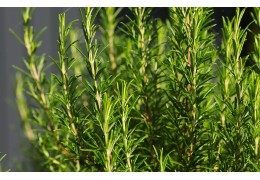

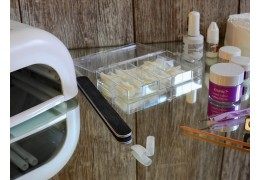

Featured posts

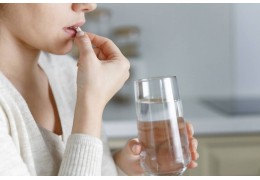



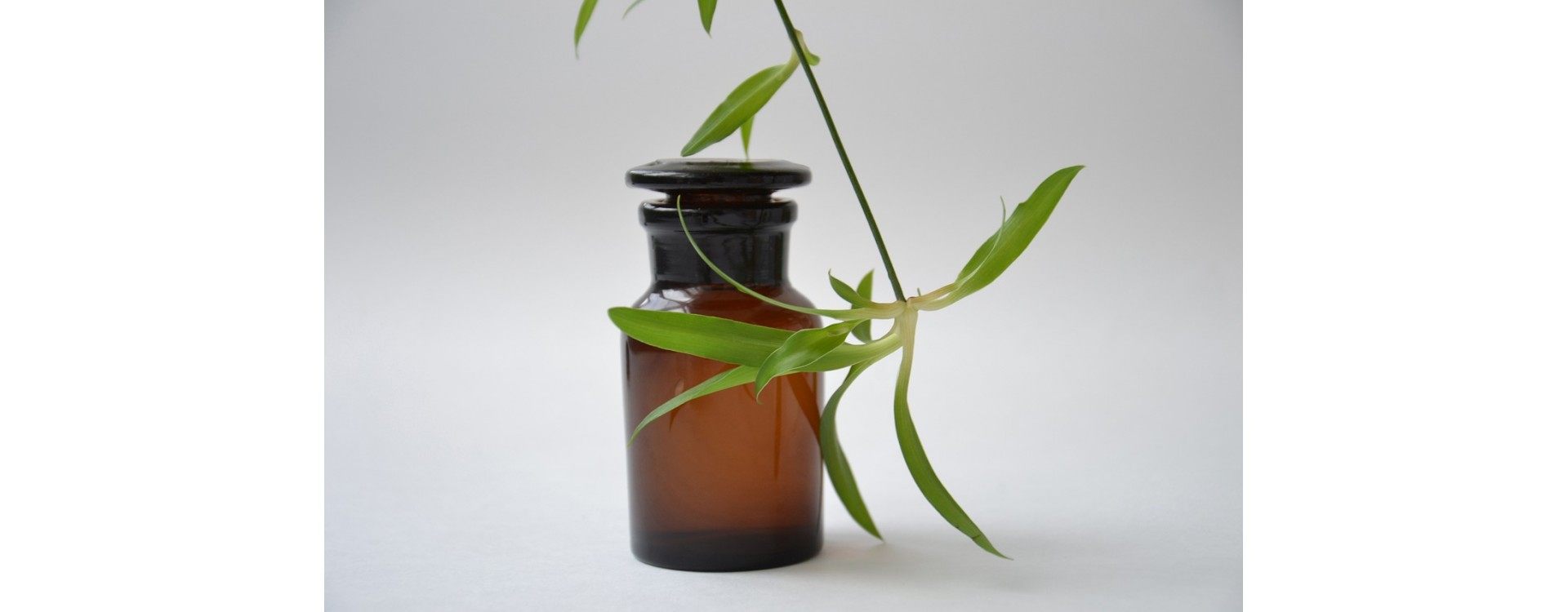
Hydrolates, also known as floral waters, are increasingly popular products in the field of cosmetics and skincare. Although often confused with eau de toilette or perfume, hydrosols are actually very different products with their own unique benefits and uses. In this article, we will explore what hydrosols are, how they are made, their benefits for the skin, the body and hair and some of the best hydrosols available on the market. The madness of hydrosols, or all you need to know about these floral waters, that's the subject of this article!
A hydrosol is floral water produced during the distillation of aromatic plants to extract essential oils. During this process, the water vapors loaded with odorous molecules are cooled, which transforms them into liquid.
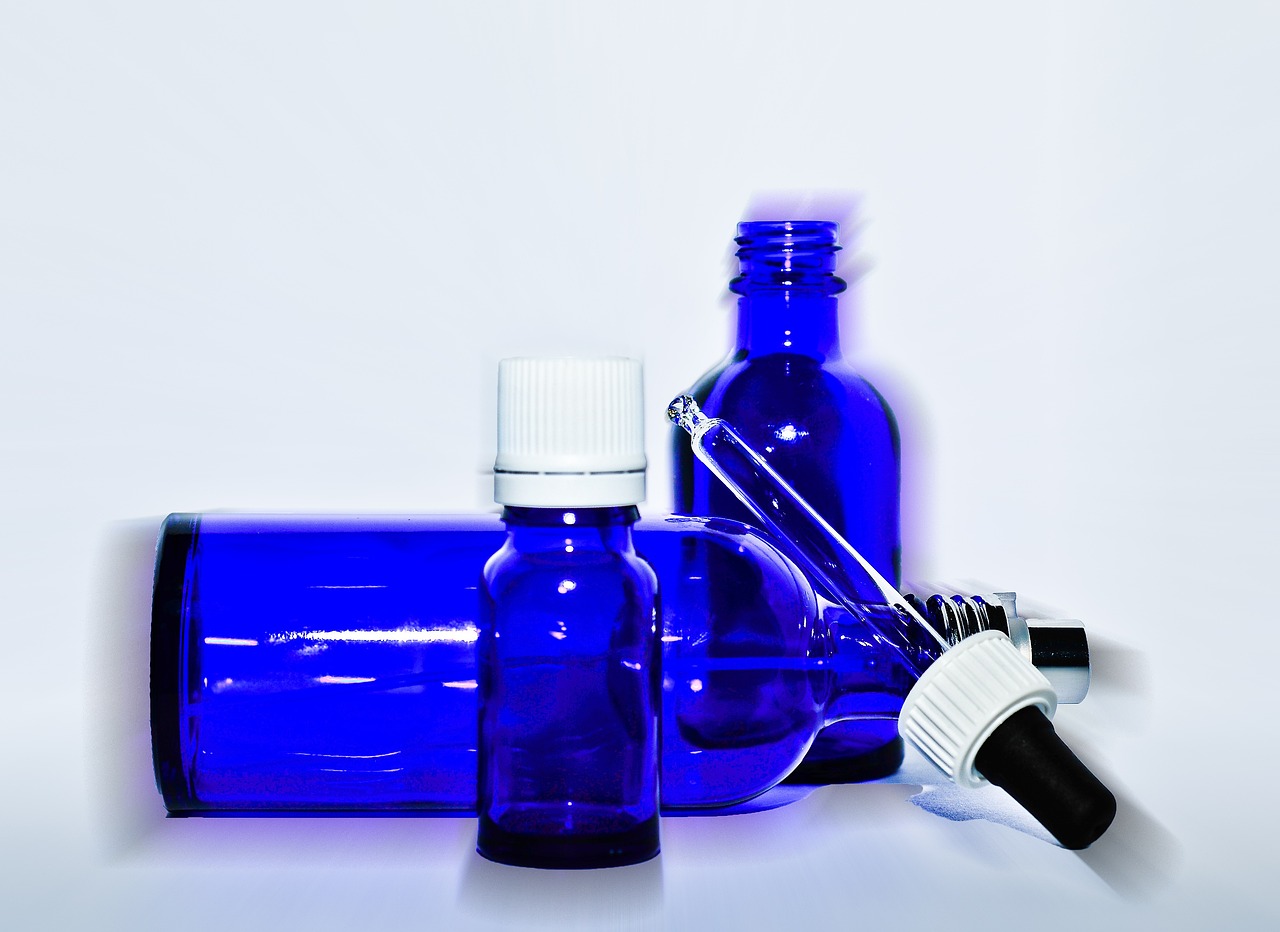
The resulting floral water contains low concentrations of essential oils, as well as nutrients and antioxidants that are beneficial to the skin. Hydrolats are therefore considered natural and gentle care products.
Hydrosols are made by a process of distillation of aromatic plants and flowers. For this, the plants are placed in a still, where they are heated with steam. The hot water vapor transports the plant's odor molecules to the top of the still, where it is cooled by coming into contact with cooling tubes.
Cooling the water vapor transforms it into floral water, which is then collected in a separate container. This floral water thus obtained is called a hydrolat.
Hydrosols offer many benefits for the skin. They can be used as a facial toner, cleanser, moisturizer, soothing and refreshing. They are also often used for their anti-inflammatory, antioxidant and antibacterial properties.
Hydrosols are gentle, natural (often organic) and non-irritating, which makes them suitable for all skin types, including the most sensitive and irritated skin. They can also help regulate the pH of the skin and prevent blemishes.

There are many different hydrosols available on the market, each with their own benefits and uses. Here are some of the best hydrosols for skin:
Hydrosols can be used in different ways depending on their purpose and the desired effect. Here are some of the most common uses:
Once considered a by-product of distillation, hydrosols are now gaining popularity in the fields of cosmetics and aromatherapy. Many options are available in stores and online, but the quality of hydrosols can vary. As a consumer, it can be difficult to gauge the expertise of the distiller, but there are certain characteristics to look for to ensure the quality of the hydrosol. It is recommended to choose an organic hydrosol without preservatives, concentrated and micro-filtered.
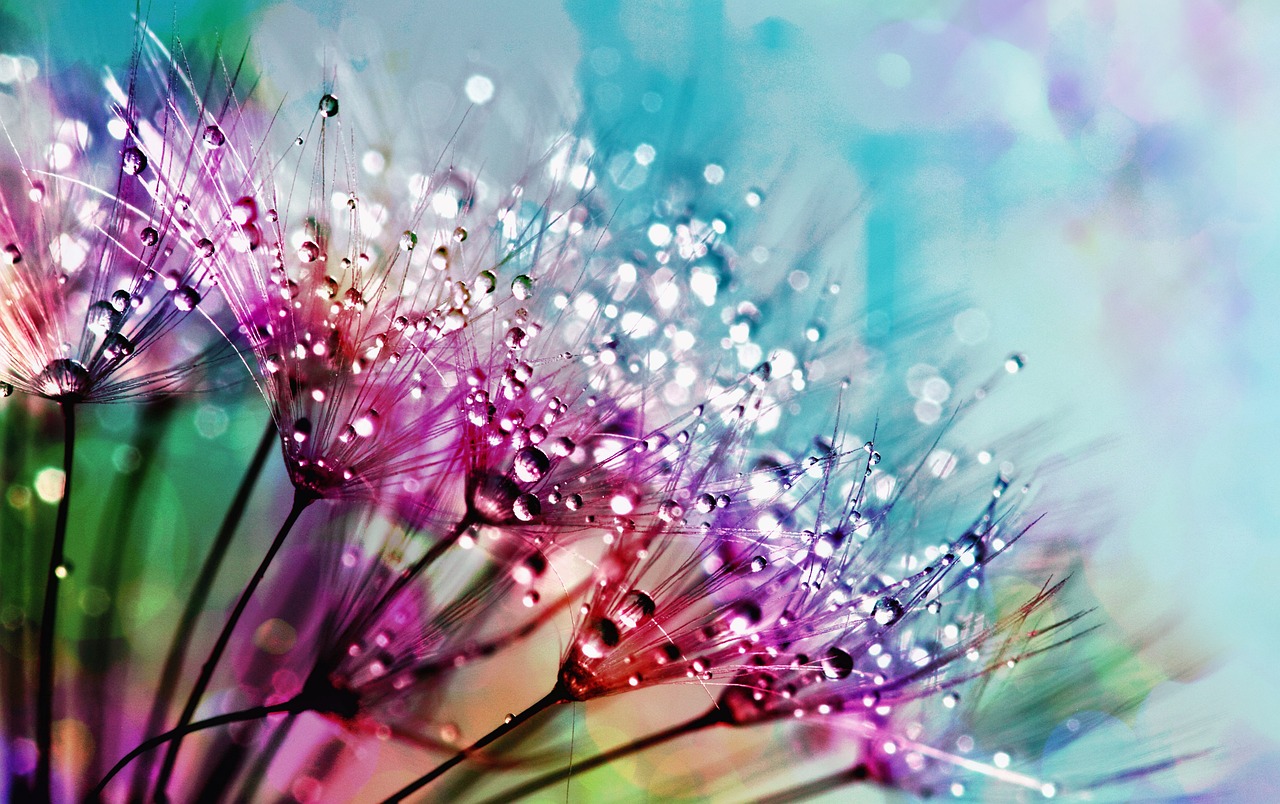
Choosing hydrosols means choosing a natural option over traditional products, whether for environmental or health reasons. Distillation is a method that allows the extraction of aromatic molecules from plants, but it can also transport pesticides that are found in the essential oil or hydrosol. It is necessary to opt for organic certification in order to reduce the use of pesticides when growing plants and to avoid their presence in hydrosols.
By definition, hydrosols are mainly made up of water, which makes them vulnerable to microbiological contamination. To remedy this, preservatives can be added. However, these preservatives, although naturally occurring, must be added in high concentrations to be effective and should not be consumed.
This is why hydrosols containing preservatives are only suitable for external use on the skin. For optimal benefits and use in hydrotherapy, it is best to choose hydrosols without preservatives. You can easily check the ingredient list to find out if a hydrosol contains preservatives. Without preservatives, hydrosols are more sensitive to microbial contamination, so it is best to store them in the refrigerator.
We can therefore easily understand the craze of hydrosols: these light and natural products have become a key part of the skincare routine by being particularly gentle. They offer many benefits for the skin and are suitable for all skin types. By choosing the right hydrosol for your specific needs, you can get the most out of these magical floral waters and have a glowing complexion with ease.